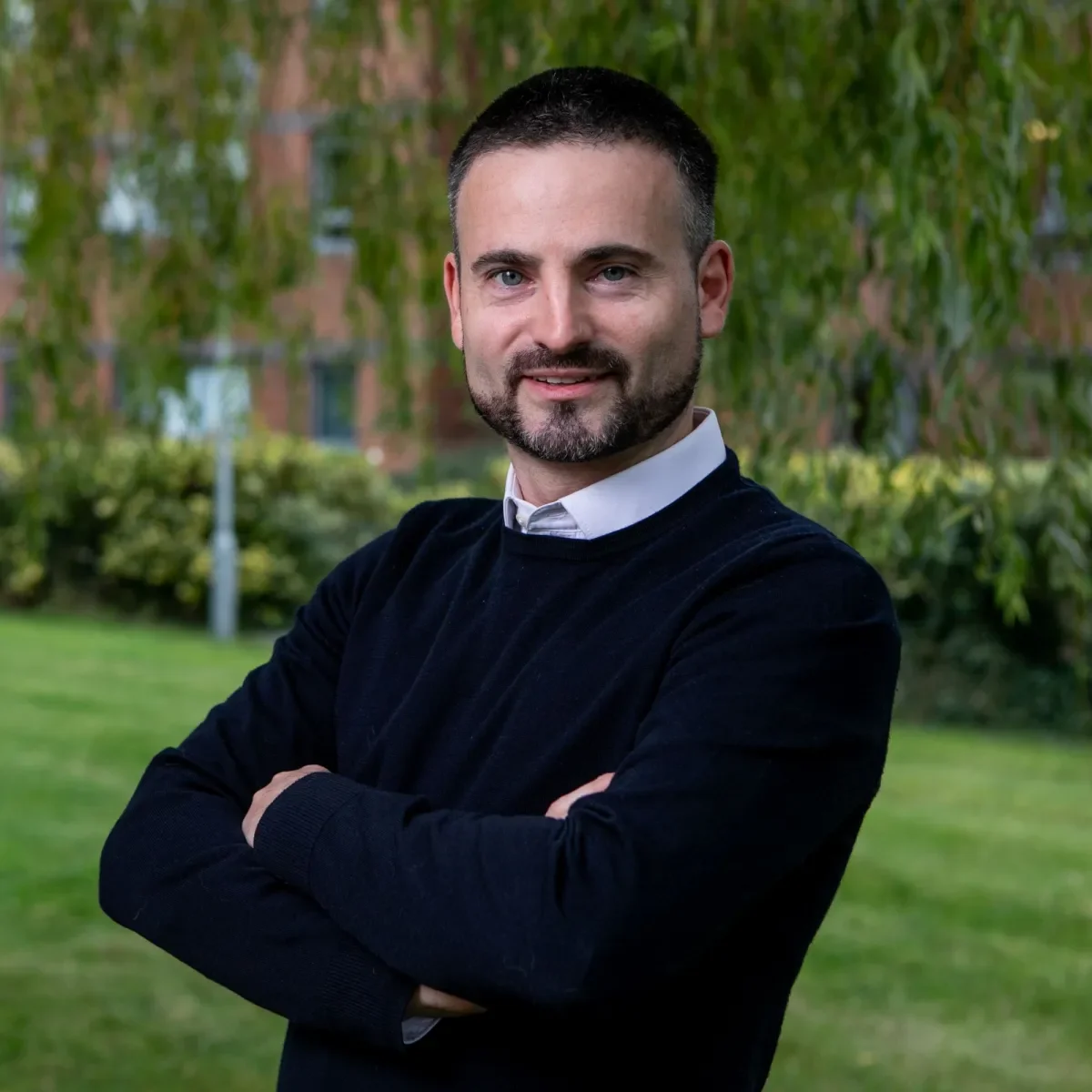

Dr James Carton features on the Irish Examiner discussing green hydrogen's significance
The Irish Examiner released a story centred around Dr James Carton and Dr Paul McCormack, head of Hydrogen Ireland, who discuss green hydrogen's role in our energy security. As global markets shift toward cleaner alternatives, green hydrogen represents one of the most promising tools for Ireland to store and manage its growing renewable energy supply.
Dr James Carton’s involvement with hydrogen began over 30 years ago when, as a teenager, he converted a petrol lawnmower to run on hydrogen for the BT Young Scientist competition. That early curiosity evolved into a career dedicated to sustainable energy innovation, with a growing focus on the strategic potential of hydrogen.
Ireland is rapidly scaling up offshore wind capacity, but without adequate storage solutions, much of this renewable electricity could go to waste. Green hydrogen, created using renewable electricity to split water into hydrogen and oxygen, offers a flexible and scalable storage option. It has particular relevance for balancing electricity grids, supporting high-energy industries, and reducing emissions in hard-to-electrify sectors such as aviation and long-haul transportation.
Unlike batteries, which are limited in scale and duration, hydrogen can store large volumes of energy for extended periods. While it is not a universal replacement for electric technologies like heat pumps or EVs, hydrogen fills critical gaps where alternatives fall short.
Dr Carton emphasises that Ireland’s energy strategy must be forward-looking. He has raised concerns about ongoing government consideration of a liquefied natural gas (LNG) terminal, which could cost as much as €1 billion. In his view, such an investment risks locking the country into fossil fuel infrastructure at a time when cleaner alternatives are available and viable.
Instead of large-scale spending, he advocates for targeted regional investments in hydrogen demonstration projects, costing hundreds of millions rather than billions. Ireland already has key advantages: a strong offshore wind resource, compatible gas infrastructure, and international interest, particularly from Germany, in importing green hydrogen.
Despite these assets, Ireland has yet to commit with sufficient urgency. Energy policy decisions made now will shape the country’s emissions, competitiveness, and security for decades to come. Without timely investment and political support, Ireland could lose its chance to become a leader in this emerging global market.
Green hydrogen represents more than just a clean energy alternative. For Ireland, it is a strategic opportunity to achieve economic resilience, reduce reliance on fossil fuels, and assert leadership in the global transition to net zero.
Read the article.
